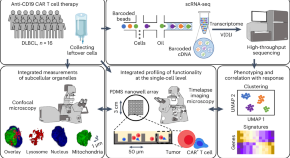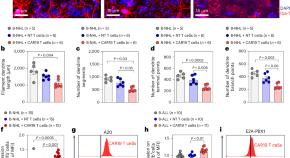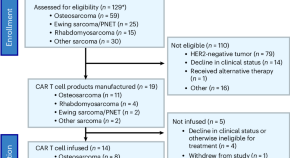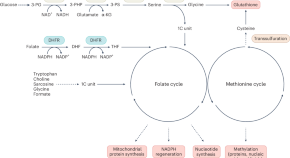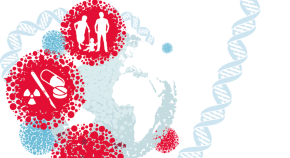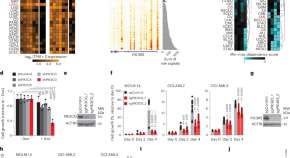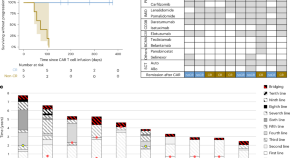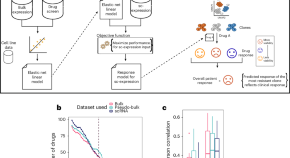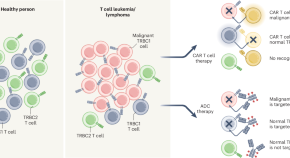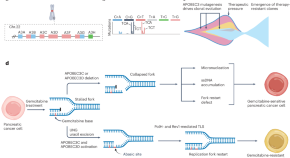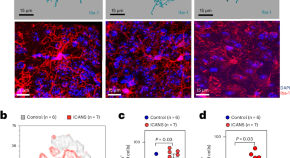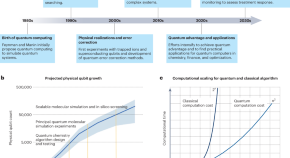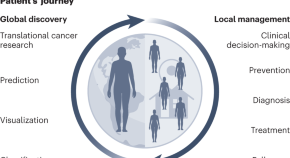Featured
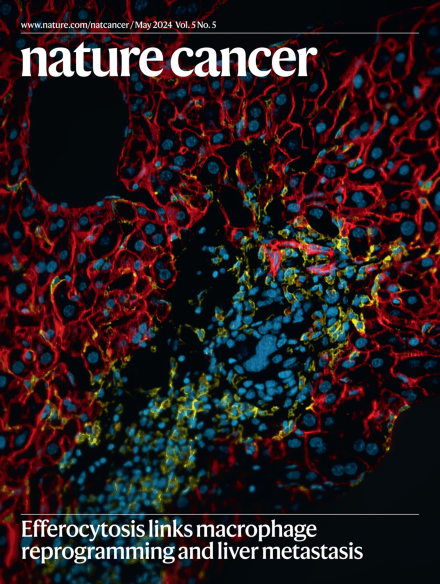
Announcements
Advertisement
-
-

Constructing co-stimulation to boost TCR therapy
T cell receptor (TCR)-engineered T cells offer great promise for targeting tumor antigens in cancer therapy. A synthetic fusion protein termed 80BB, which can simultaneously activate the CD28 and 4-1BB co-stimulatory pathways, is now shown to enhance overall functionality of therapeutic TCR/CD3-dependent T cells in an antigen-agnostic manner.
-
-
Trending - Altmetric
-
PD-1 defines a distinct, functional, tissue-adapted state in Vδ1+ T cells with implications for cancer immunotherapy
-
Identification of a clinically efficacious CAR T cell subset in diffuse large B cell lymphoma by dynamic multidimensional single-cell profiling
-
Genomic and immune signatures predict clinical outcome in newly diagnosed multiple myeloma treated with immunotherapy regimens
-
Tissue-specific thresholds of mutation burden associated with anti-PD-1/L1 therapy benefit and prognosis in microsatellite-stable cancers


